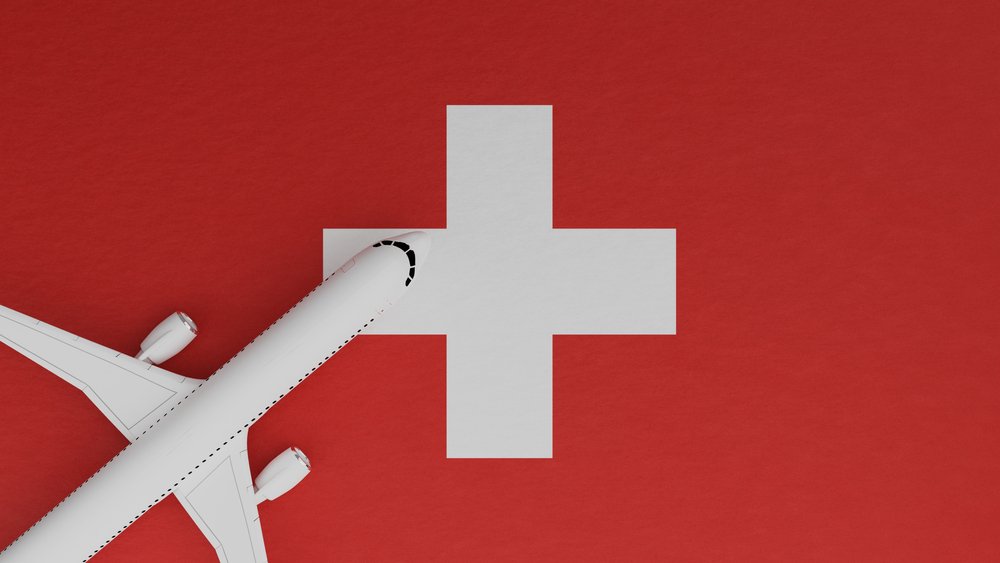
Switzerland’s State Secretariat for Migration (SEM) has recently updated its list of high risk countries and areas. Although the organism stated that the list is regularly revised and adapted, it hasn’t announced the date of expiration for the latest modifications.
As of now, all countries are considered at high risk except for the following:
- Andorra
- Argentina
- Australia
- Austria
- Bahrain
- Belgium
- Bulgaria
- Canada
- Chile
- Colombia
- Croatia
- Cyprus
- Czech Republic
- Denmark
- Estonia
- Finland
- France
- Germany
- Greece
- Hong Kong
- Hungary
- Iceland
- Indonesia
- Ireland
- Italy
- Jordan
- Kuwait
- Latvia
- Liechtenstein
- Lithuania
- Luxembourg
- Macau
- Malta
- Monaco
- Netherlands
- New Zealand
- Norway
- Peru
- Poland
- Portugal
- Qatar
- Romania
- Rwanda
- San Marino
- Saudi Arabia
- Slovakia
- Slovenia
- South Korea
- Spain
- Sweden
- Taiwan
- United Arab Emirates
- Uruguay
- Vatican City
Additionally, the Swiss authorities created a list of countries and areas with the “immunevasive virus variant”, which clearly refers to the Omicron variants first detected in southern Africa.
The list is composed of the following African countries:
- Botswana
- Eswatini
- Lesotho
- Mozambique
- Namibia
- Zimbabwe
- South Africa
People who’ve recently visited these countries will not be allowed entry into Switzerland other than in the context of essential travel. This means that tourism and other short-term stays in Switzerland are momentarily prohibited for people coming from these countries.
The reason for this is that Switzerland only allows entry to travelers coming from high risk areas if they’re fully vaccinated, but South Africans, Botswanians, etc., are not considered to be verifiably vaccinated, especially because the Omicron variant bypasses the immunity provided by all known vaccines. By taking them as unvaccinated travelers, they’re banned from entry to Switzerland.
Entry to Switzerland is permitted to:
- Travelers immunized with an approved vaccine. Authorized vaccines in Switzerland are those approved by the country’s Federal Office of Public Health, the European Medicines Agency for the European Union, or under the World Health Organization’s Emergency Use Listing (BioNTech, Pfizer, Moderna, AstraZeneca, Johnson & Johnson, Covaxin, Sinovac, and Sinopharm).
- Swiss citizens or people with a Swiss residence permit, cross-border permit, FDFA legitimation card, or D visa issued by Switzerland.
- EU/EFTA citizens and their family members. They all have rights of free movement within the European Union.
- People holding a Schengen C-visa, a valid D visa, or a valid Schengen residence permit.
- Minors who are accompanying a vaccinated caregiver who is over 18 years old.
- Passengers in transit with a layover in Switzerland.
- “Special necessities”: the border control authority will analyze each situation (and relevant documents or certificates serving as evidence of the situation) and decide whether it is a case of special necessity or not.
In general, foreigners can visit Switzerland if they have close family members living there, and/or if one of them is suffering from severe illness, or if there’s a wedding, birth, funeral, etc., within the immediate family. People in romantic relationships with Swiss citizens or residents are allowed to come to visit them through an invitation and certain documents certifying the existence of the relationship (emails, social media exchanges, photos, etc.).